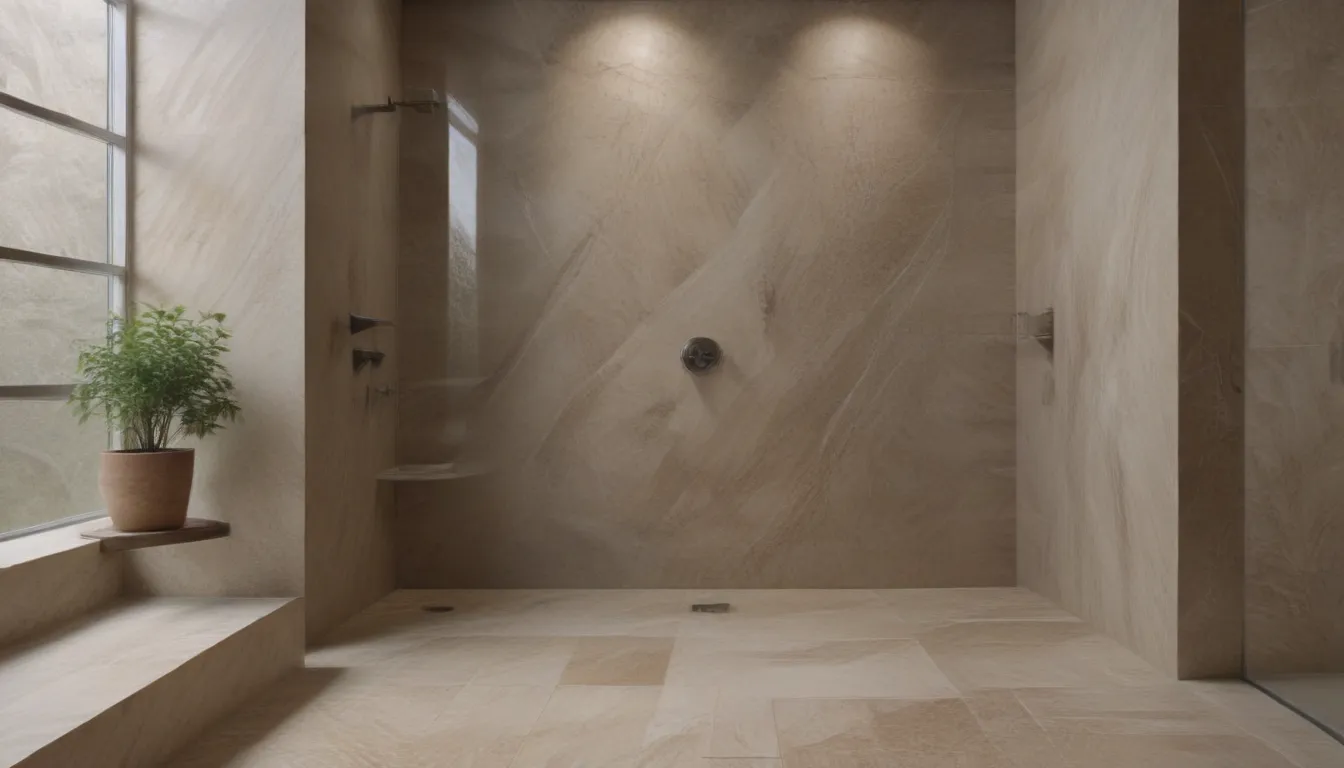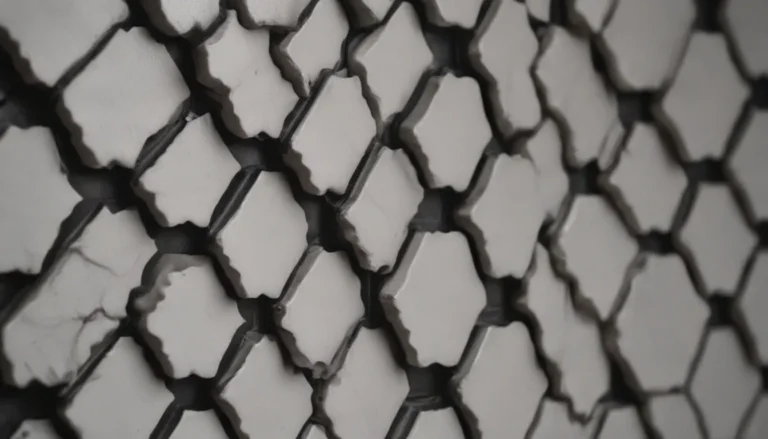Using Natural Stone in Your Shower: What You Need to Know

When it comes to using natural stone in your shower, there are a few important factors to consider. While natural stone can add a touch of elegance and luxury to your bathroom, there are also some drawbacks to keep in mind. In this comprehensive guide, we’ll explore the ins and outs of using natural stone in your shower, including the types of stone that work best, maintenance tips, and safety considerations.
Is Natural Stone a Good Choice for Your Shower?
Natural stone in the shower is primarily chosen for its aesthetic appeal. It can create a stunning look on shower walls, ceilings, and floors, as well as outside the shower area. However, when it comes to performance and maintenance, there are some things to keep in mind. Here are a few key points to consider:
- Stone must be sealed regularly to protect it from moisture and stains.
- Cleaning natural stone can be challenging, especially if it is highly textured or has wide grout lines.
- When using natural stone in your shower, opt for stone tiles or slabs with small grout joints.
- Choose a slip-resistant surface for shower floors to prevent accidents.
3 Types of Stone Suitable for Showers
While there are various types of natural stone available, some are better suited for shower applications than others. Here are three common types of stone used in showers, along with their pros and cons:
Slate Tile
Slate tile is a popular choice for showers due to its natural textured surface, which provides good traction for bare feet. When properly sealed and cleaned, slate is a reliable option for shower walls and floors. It’s important to select the right type of slate for showers to avoid issues like flaking or deterioration over time.
Tip: Slate’s textured surface makes it ideal for shower floors.
White Marble
White marble is a favored option for showers because of its light color, which complements most bathroom designs. Opt for a high-grade white marble to minimize veining and inclusions, as these can be prone to damage in a wet environment. Be cautious with marble varieties that have high iron content, as they can rust if not properly sealed.
Granite
Granite, especially in lighter colors, is another suitable choice for showers. Unlike marble, granite is more resistant to acid, ammonia, and alcohol, making it a lower-maintenance option. However, it’s crucial to clean all stone surfaces with non-acidic or pH-neutral cleaners to prevent damage.
Texture and Grout Considerations
When selecting natural stone for your shower, it’s essential to consider the texture and grout lines. Smooth or cleanable stone is preferred over highly textured surfaces, as they are easier to maintain. Additionally, keeping grout joints small can help prevent the buildup of dirt, grime, and mold in your shower.
Common Mistakes to Avoid:
- Avoid using pebble floors, which have numerous grout lines that are difficult to clean.
- Steer clear of stacked-stone walls, as they can trap water, soap, and debris in their crevices.
Sealing Your Stone
Most types of natural stone used in showers require annual sealing to protect them from moisture damage. It’s essential to use the appropriate sealer recommended by your stone supplier to ensure maximum protection. Penetrating sealers are typically the best choice for shower applications, as they resist water penetration and maintain the stone’s appearance.
Tip: Avoid topical sealers, as they can flake off or discolor the stone in wet environments.
Safety First: Preventing Slips and Falls
When using natural stone on your shower floor, safety should be a top priority. Ensure that the stone you choose is not slippery when wet to prevent accidents. Consider using slate for its natural texture or incorporate grippy mats for added traction underfoot.
Showering with natural stone can elevate the look and feel of your bathroom, but it’s essential to choose the right type of stone, maintain it properly, and ensure safety measures are in place. By following these tips and considering the pros and cons of using natural stone in your shower, you can create a beautiful and functional space that will stand the test of time.





